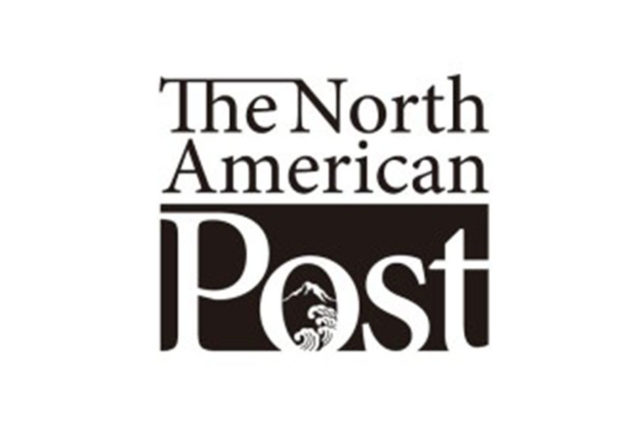By Scott Oki For The North American Post
It seems almost surreal that I had the opportunity to join Microsoft in the formative days of the company. My roots had always been in high tech. Educationally, I had earned a double major in computer science and accounting from the University of Colorado and also an MBA from CU.
I was recruited to work for the Hewlett Packard Company from 1976 until 1979. I then co-founded a start-up in Silicon Valley called Sequoia Group with three Harvard guys. Our mission was to develop a stand-alone minicomputer back-office solution for doctor’s offices. I was Vice President of Product Development. This entrepreneurial experience was certainly exciting. Not so exciting was the unfortunate fact that we augured the company into the ground in two short years. We had a high burn rate and not enough sales revenue, always a bad equation.
Finding myself on the streets of San Francisco, I did a consulting gig for the hottest microcomputer software company at the time. It was a company called MicroPro that produced a word processing product called WordStar. Seymour Rubenstein, the Founder and CEO, hired yours truly and another Sequoia Group co-founder to do a strategic consulting study. During the research phase, I happened across a little company based in Seattle called Microsoft.
Having no idea what might happen, I wrote a letter to Bill Gates to ask for an interview. Unbelievably, my request was granted! I spent one hour with Bill and he basically lectured me on all of the cool features of the HP250 BASIC language compiler that I had been a Product Manager for. He excused me and one-week later Microsoft asked me to return for a second round of interviews. An offer was extended and I joined the company as employee #121.
My title was Marketing Manager, Special Accounts. Those “special accounts” included managing IBM (based in Boca Raton, Florida), Lifeboat Associates, the largest software distributor (New York), and ASCII Microsoft, the company’s exclusive agent (Tokyo). Yes, it was a pretty big job, BUT….
I thought there was a larger opportunity waiting to be tackled. I spent one week writing a business plan to found the International Division for Microsoft. I requested $1 million. It so happened that Microsoft had just accepted its only venture capital infusion of $5 million. Timing is oftentimes everything.
Bill turned to me and said, “go do it.”
Silently, I vowed not to fail.
In four short years, the International Division accounted for 40% of top line revenues and over 50% of bottom-line profits. A big driver for the profits was the market in Japan. There were numerous original-equipment manufacturer (OEM) companies that had licensed numerous Microsoft products (e.g., MS-DOS). Those companies had names like Mitsubishi, Hitachi, Sony, Matsushita, Yamaha, Ricoh, and many others.
Bill and I made numerous trips to Japan to meet with these companies. In hindsight, the CEOs for the largest Japanese companies must have been befuddled meeting with Bill and me. Bill was only in his mid-twenties. I was thirty-two with a mustache and permed curly hair. Fortunately, Bill was the quintessential technical sales guy. There was never a question that he could not answer.
In 1984, Microsoft severed its exclusive agency agreement with ASCII to establish its own wholly owned subsidiary based in Tokyo. With Microsoft KK (Kabushiki Kaisha, or Japanese corporation) in place, we were better able to serve our customers.
The rest is history. I believe the Japanese market remains the most profitable of the 190 countries participating around the world.
I have now been retired from Microsoft for almost thirty years. I am proud to have been a part of the early beginnings of a company that is today the most valuable company in the world.






